Is stevia extract powder healthy?
Yes,as a natural, low-calorie, high-sweetness sweetener, stevia extract powder has a wide range of applications in the modern food industry. The benefits of using stevia extract powder as a sweetener are as follows:
1. Low or no calories
suitable for people who need to control sugar intake, such as diabetics, dieters, etc.
2. Does not cause blood sugar fluctuations
Unlike sucrose, stevia extract does not cause a sharp rise in blood sugar levels, so it is friendly to diabetics.
3. Tooth-friendly
Due to its non-fermentable nature, stevia extract does not promote the formation of tooth decay like sucrose.
4. Good stability
It can maintain its sweetness even in high temperature and acidic environments, and is suitable for baking and processed foods.
5. Natural and healthy
As a natural plant extract, stevia extract is generally considered safe and has some potential health benefits, such as antioxidant and anti-inflammatory effects.
Which is healthier, stevia or erythritol?
When discussing which is healthier, Stevia or Erythritol, we need to compare them from multiple aspects, including their sweetness, calories, effects on blood sugar, safety, and possible side effects.
1. Sweetness and calories
Stevia: Stevia extract is known for its high sweetness, which is about 200-400 times sweeter than sucrose, but the calories are extremely low and almost negligible. This makes stevia an ideal choice for those who want to reduce sugar intake but don’t want to give up the sweet taste.
Erythritol: Erythritol is also a low-calorie sweetener with a sweetness similar to sucrose, but the calories are much lower than sucrose. Although its sweetness is not as high as stevia, it can effectively reduce calorie intake while providing a sweet taste similar to sucrose.
2. Effect on blood sugar
Stevia: Stevia does not participate in blood sugar metabolism and has little effect on blood sugar levels, so it is suitable for people who need to control blood sugar, such as diabetics.
Erythritol: Erythritol is mainly absorbed in the human body through the small intestine. Most of it will not be metabolized and utilized by the human body after entering the blood circulation, but will be excreted from the body with urine. Therefore, it has little effect on blood sugar and is also suitable for diabetic patients.
3. Safety and side effects
Stevia: Stevia extract has been evaluated and certified by many countries for safety and is considered a safe food additive. However, some individuals may be allergic to stevia, so allergy testing should be performed before consumption. In addition, although stevia is safe for most people, excessive intake may cause some mild digestive discomfort.
Erythritol: Erythritol is well tolerated in the human body and hardly causes any side effects. However, when consumed in large quantities (especially when taken with certain foods or drugs), it may cause digestive discomfort such as diarrhea.
Considering the sweetness, calories, effect on blood sugar, and safety, stevia and erythritol are both relatively healthy sweetener choices. They are both low in calories, have little effect on blood sugar, and are relatively safe. However, since everyone’s physical condition and taste preferences are different, when choosing a sweetener, you should choose according to your own needs.
If you want a higher sweetness without increasing calorie intake, stevia may be a better choice.
If you want the taste of the sweetener to be closer to sucrose and the sweetness requirement is not particularly high, erythritol may be more suitable for you.
The final choice should be based on personal taste, health status and needs.

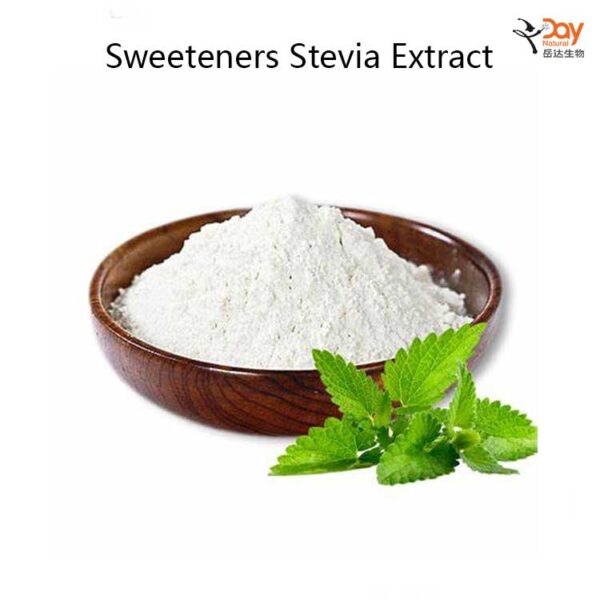
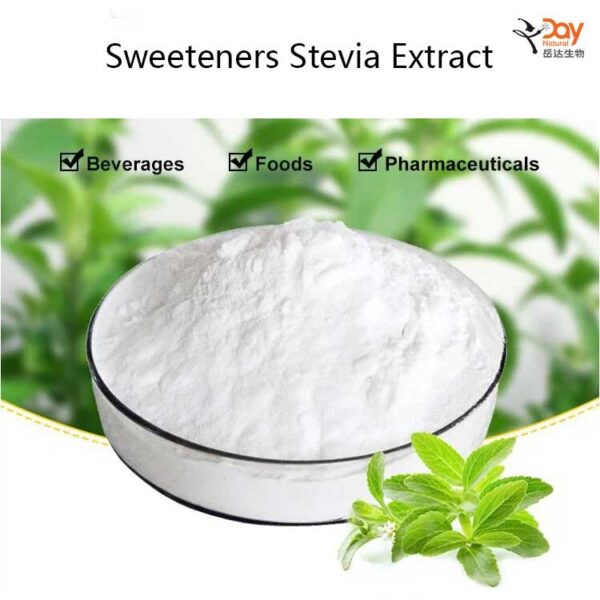
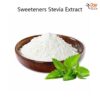





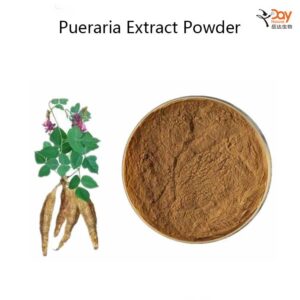
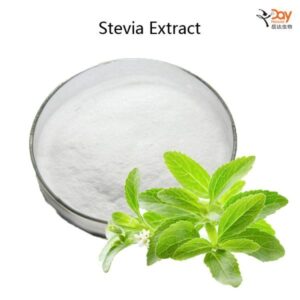
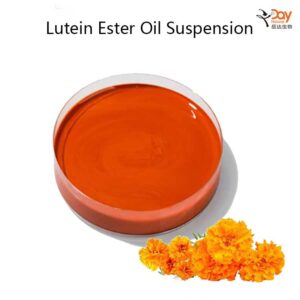
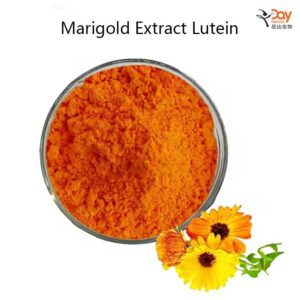
Reviews
There are no reviews yet.